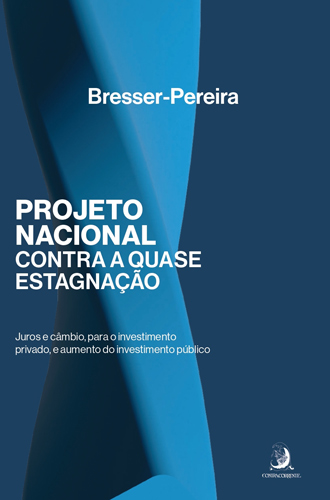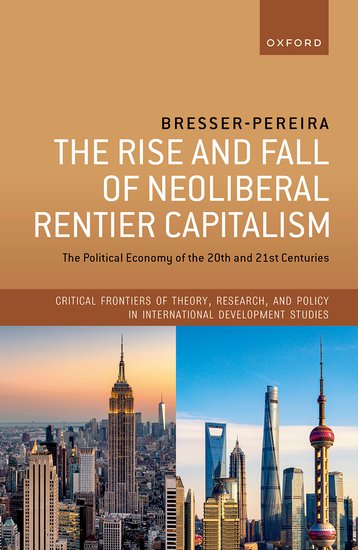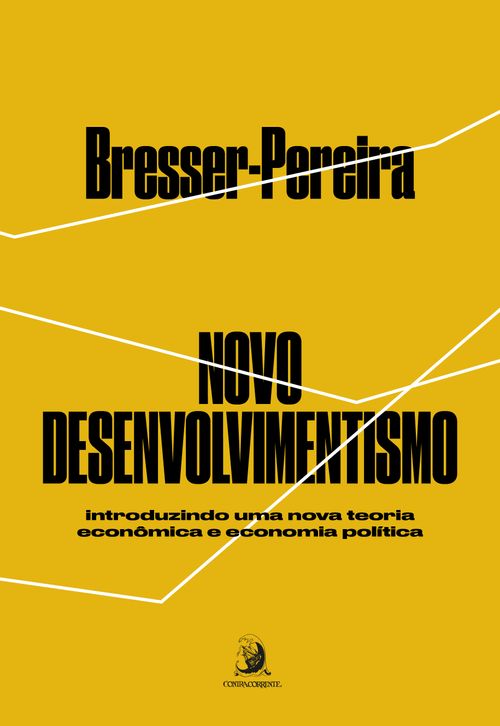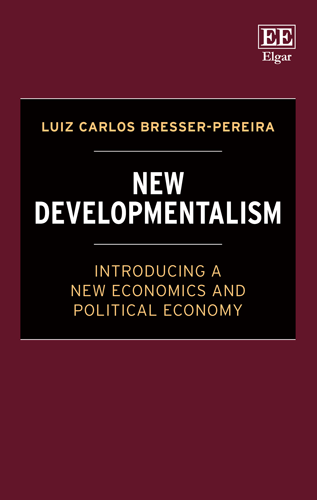1993. In a 1964 I demonstrated that Brazilian entrepreneurs originated from the immigrant middle class. Nevertheless, dependency theory insisted that they originated from the coffee planters. It was a way of rejecting the possibility of a national bourgeoisie. (Paper: Revista Brasileira de Ciências Sociais)
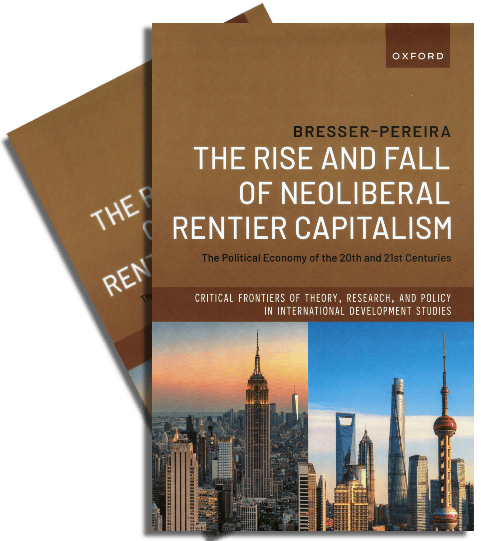


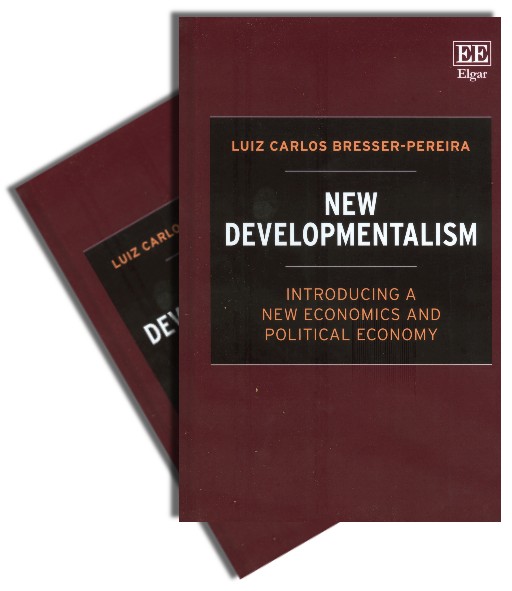

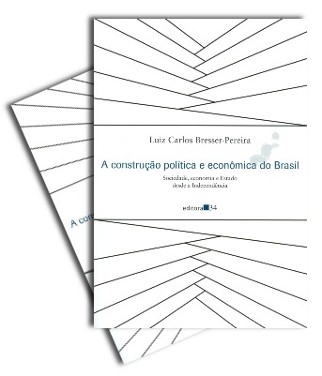

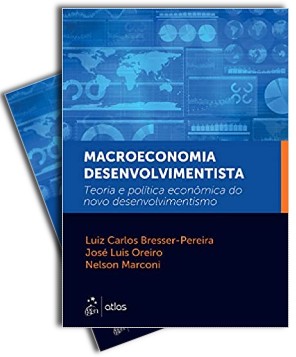
Also in English
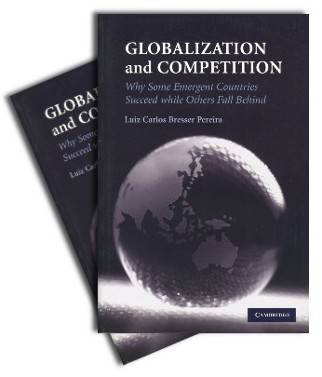
Also in Portuguese, French and Spanish
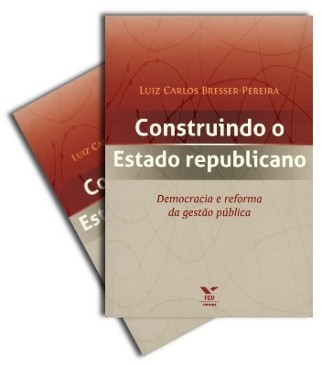
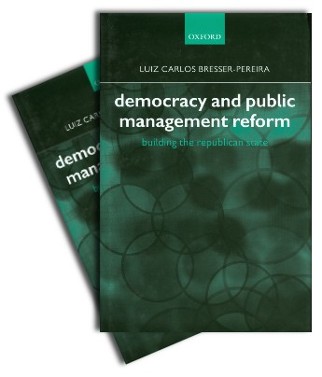

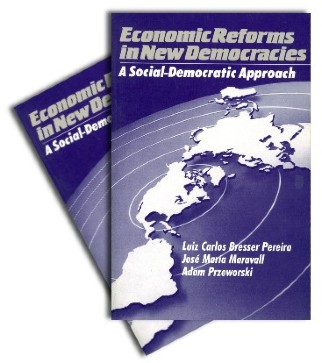
Also in Portuguese
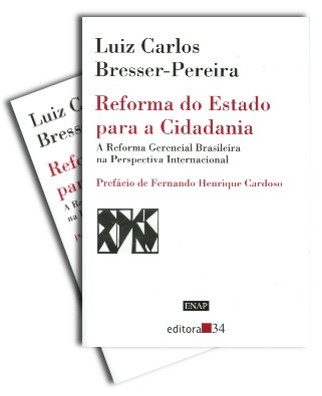
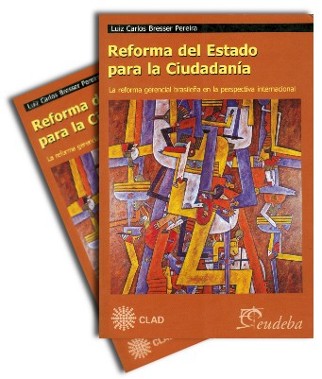
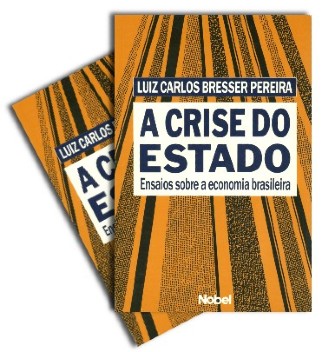
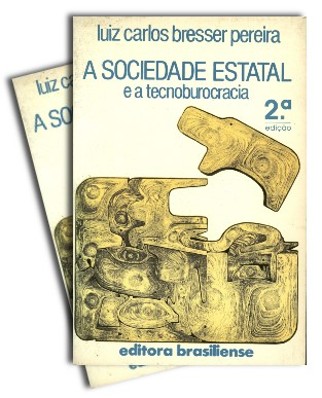
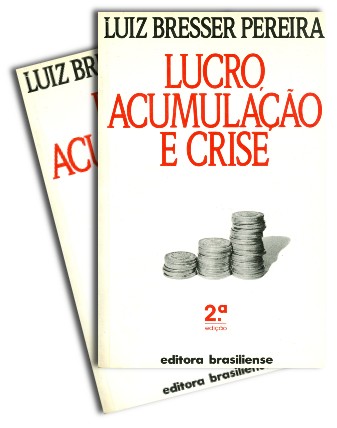
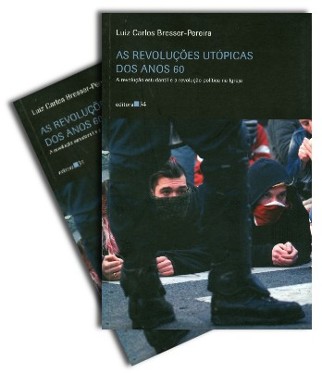



1993. A new political pact of the Brazilian elites around the idea of national development is a condition for political legitimacy and economic growth. Portuguese and English versions available.(Paper: Problèmes d Amérique Latine)*
1991. An early critique of the Washington consensus. A systematic analysis of the Latin American crisis as a foreign debt and a fiscal crisis of the state crisis. Portuguese, English, and French versions available. (Paper: Pensamiento Iberamericano)
1991. An early critique of the Washington consensus. A systematic analysis of the Latin American crisis as a foreign debt and a fiscal crisis of the state crisis. Portuguese, English and Spanish versions available. (Paper: Problèmes dAmerique Latine).
1991. An early critique of the Washington consensus. A systematic analysis of the Latin American crisis as a foreign debt crisis and a fiscal crisis of the state. Portuguese, French, and Spanish versions available. (English version not published: just available in this site).
1989. There is a perverse logic in the Brazilian macroeconomic system involving foreign debt, fiscal deficit and inertial inflation. Portuguese version available.(Paper in book edited by Fukuchi and Kagami).
1977. An analysis of the modernizing, authoritarian and income concentrating character of the technobureaucratic-capitalist state, and of the respective model of development: "industrialized underdervelopment" (Book: Editora Brasiliense). Esgotado nas livrarias. Disponível in PDF format.
1975. The basic characteristics of growth model that prevailed during the military regime: the technobureaucratic-capitalist model of industrialized underdevelopment. In macroeconomic terms, on the supply side, it was based on the production of luxury goods; on the demand side, on the concentration of income from the middle-class upwards. Portuguese version available.
1974. The "new development model" begins in Brazil in the late 1960s, and later I called "modelo de subdesenvolvimento industrializado". Contrarily to what Celso Furtado predicted, income concetration benefiting the middle classes was behind the resumption of growth as it made aggregate demand consistent with the production of luxury consumption goods by multinationals. Portuguese and English versions available. This paper elaborates on the 1970 article, "Dividir ou multiplicar: A distribuição da renda e a recuperação da economia brasileira".(Paper: Revista Dados)
(Paper: Desarrollo Economico)
1973. The "new development model" begins in Brazil in the late 1960s, and later I called "modelo de subdesenvolvimento industrializado". Contrarily to what Celso Furtado predicted, income concetration benefiting the middle classes was behind the resumption of growth as it made aggregate demand consistent with the production of luxury consumption goods by multinationals. Spanish and English versions available. This paper elaborates on the 1970 article, "Dividir ou multiplicar: A distribuição da renda e a recuperação da economia brasileira". (Paper: Revista Dados)
1970. It corresponds to "Dividir ou multiplicar?" (1970). It claims that the Brazilian "economic miracle" (1968-1973) signaled a new, export oriented, model of development that made consistent aggregate demand and supply of luxury goods by concentrating income from the middle class upwards. (Chapter 7 of Development and Crisis in Brazil: 1930-1983)
1970. My first analysis of the "new development model" that begins in Brazil in the late 1960s. Contrarily to what Furtado predicted, income concetration benefiting the middle classes was behind the resumption of growth as it made aggregate demand consistent with the production of luxury consumption goods by multinationals. "O novo modelo de desenvolvimento" (1973) elaborates on this paper. (Paper: Visão)
1968. ISEB's political model based on the aliance of the national bourgeoisie with the workers and the bureaucrats was correct. Yet, historical new facts led to the collapse of the populist and national-developmentalist pact and to the political crisis of 1961-64. (Chapter 4 of Development and Crisis in Brazil).
1963. Since 1930 Brazilian entrepreneurs associated themselves with workers and public bureaucrats to promote Brazilian industrialization. Yet, in the 1950s historical new facts conduced to the collapse of this developmental political pact, and the breaking up of a major political crisis. (Paper: Revista de Administração de Empresas)




